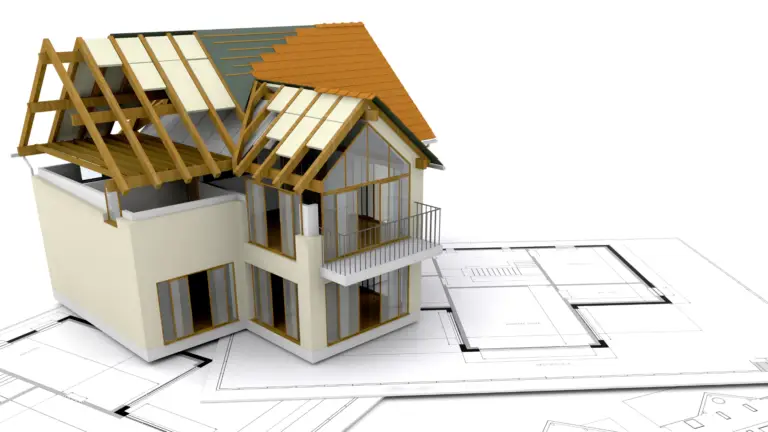Commercial construction plays a crucial role in the development and prosperity of businesses. From planning to execution, each phase of a commercial real estate project requires careful attention to ensure success. In this blog, we will explore the essential keys to carrying out a successful commercial construction and how these practices can make a difference in the end result.
1. Strategic Planning:
Before initiating any commercial construction project, strategic planning is essential. This includes clearly defining project objectives, evaluating the available budget, and considering factors such as location, space size, and specific business needs. Solid planning sets the foundation for success throughout the process.
2. Selection of Construction Team:
Having a competent construction team is fundamental. Choosing architects, engineers, and contractors with experience in commercial projects ensures that the specific challenges of this type of construction are adequately addressed. Effective communication and collaboration are key to overcoming obstacles and ensuring the quality of work.
3. Regulatory Compliance:
Commercial construction is subject to a variety of regulations and building codes. Ensuring regulatory compliance is essential to avoid delays and penalties. A competent legal team can guide in obtaining permits and ensure that all phases of the project comply with local and national regulations.
4. Efficient Time and Resource Management:
Efficiency in time and resource management is crucial in commercial construction. Establishing a realistic schedule and closely monitoring project progress allows for anticipating possible delays and taking corrective measures. Careful management of resources, from materials to personnel, ensures efficient execution.
5. Technology and Sustainability:
Incorporating innovative technologies and sustainable practices in commercial construction not only improves operational efficiency but also adds value to the project. From automation systems to eco-friendly design, adopting advanced technologies and sustainable practices contributes to long-term success and reduces environmental impact.
6. Quality Control:
The quality of commercial construction is a determining factor in customer satisfaction and the long-term performance of the space. Implementing quality control systems and conducting regular inspections ensure that construction meets the highest standards, from the structure to the final details.
Successful commercial construction is the result of strategic planning, the selection of a competent team, regulatory compliance, efficient time and resource management, the adoption of technology and sustainability, and constant quality control. By addressing these keys, real estate developers can ensure commercial projects that not only meet expectations but also create functional and attractive environments for thriving businesses.




